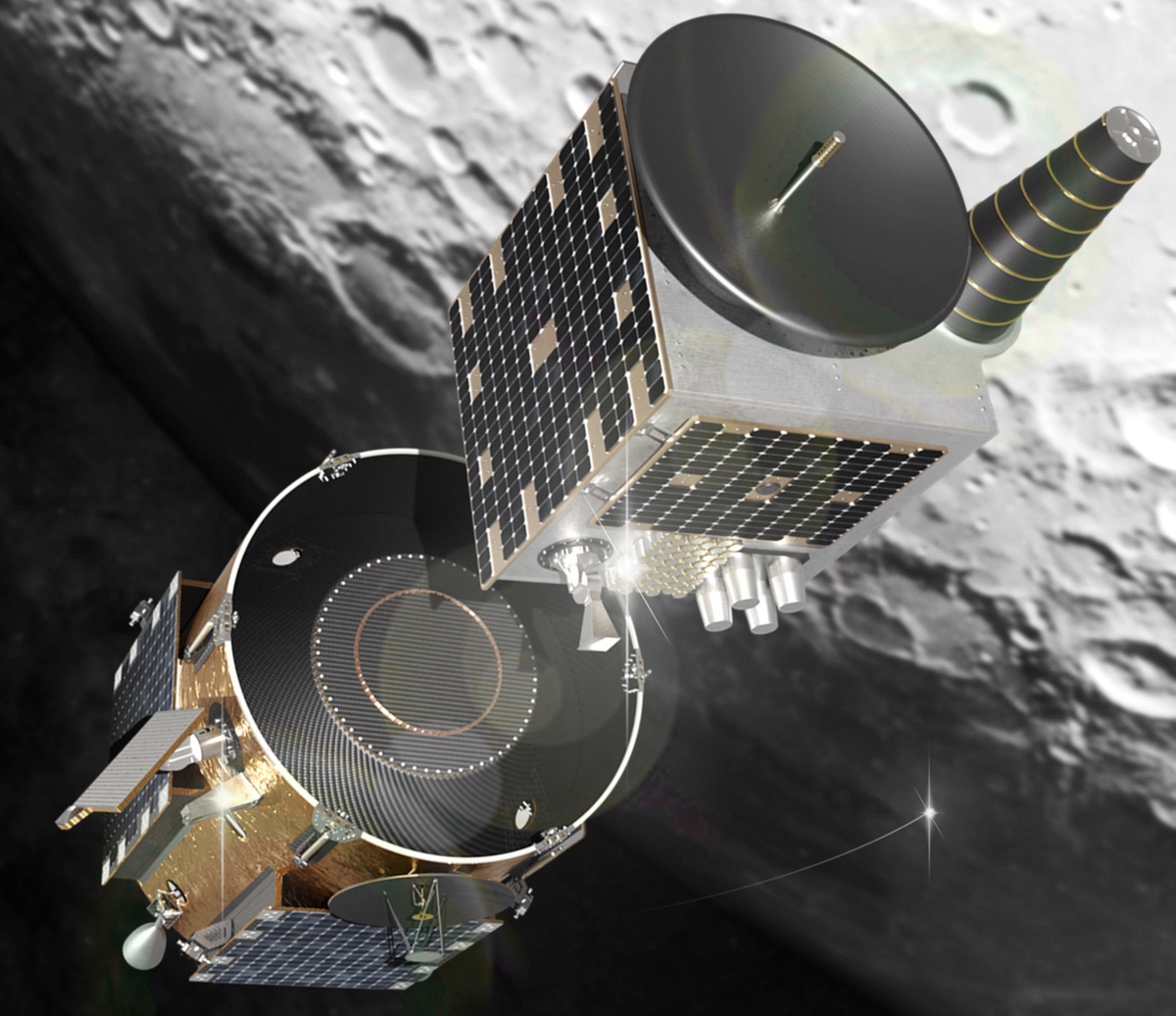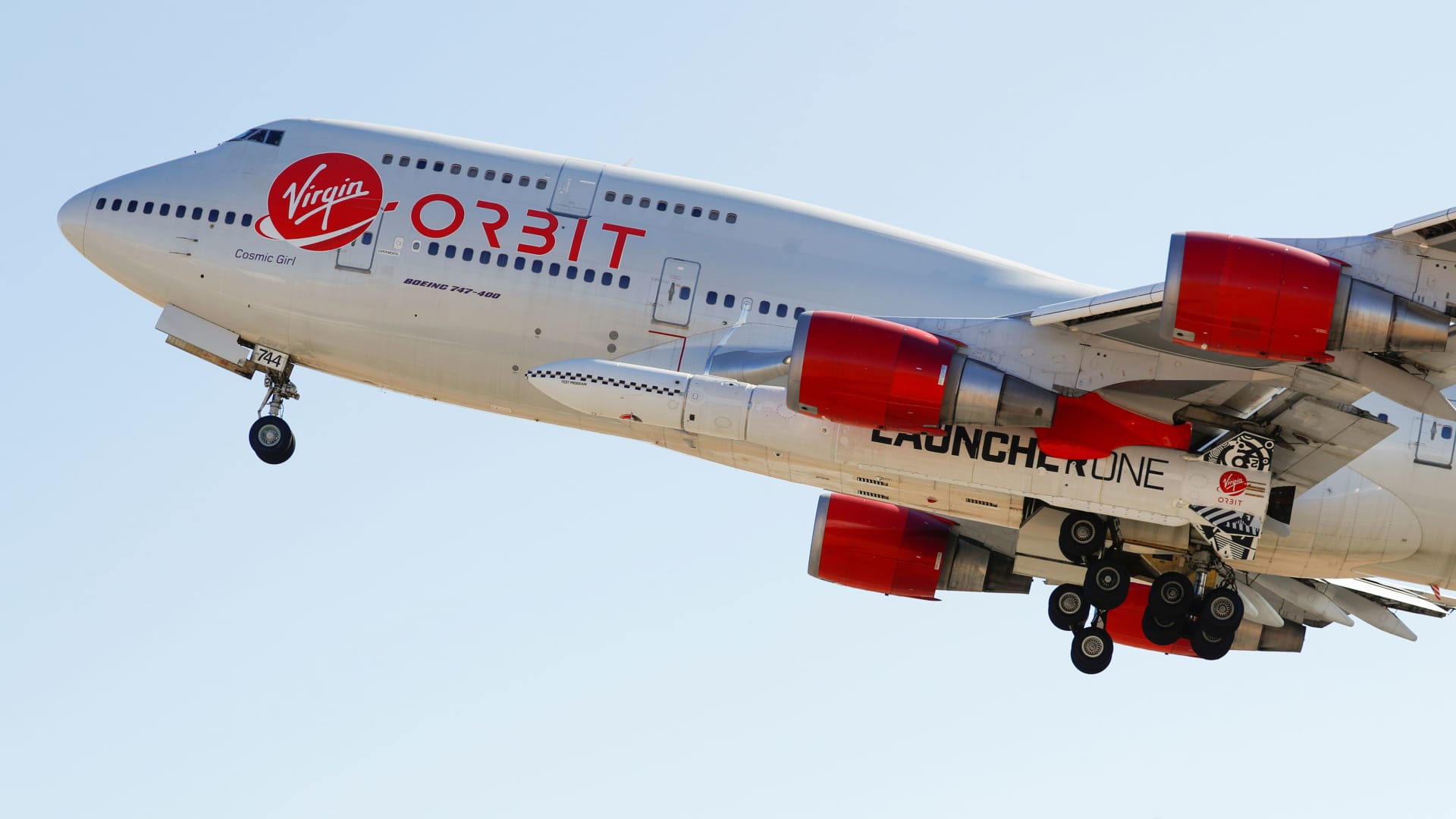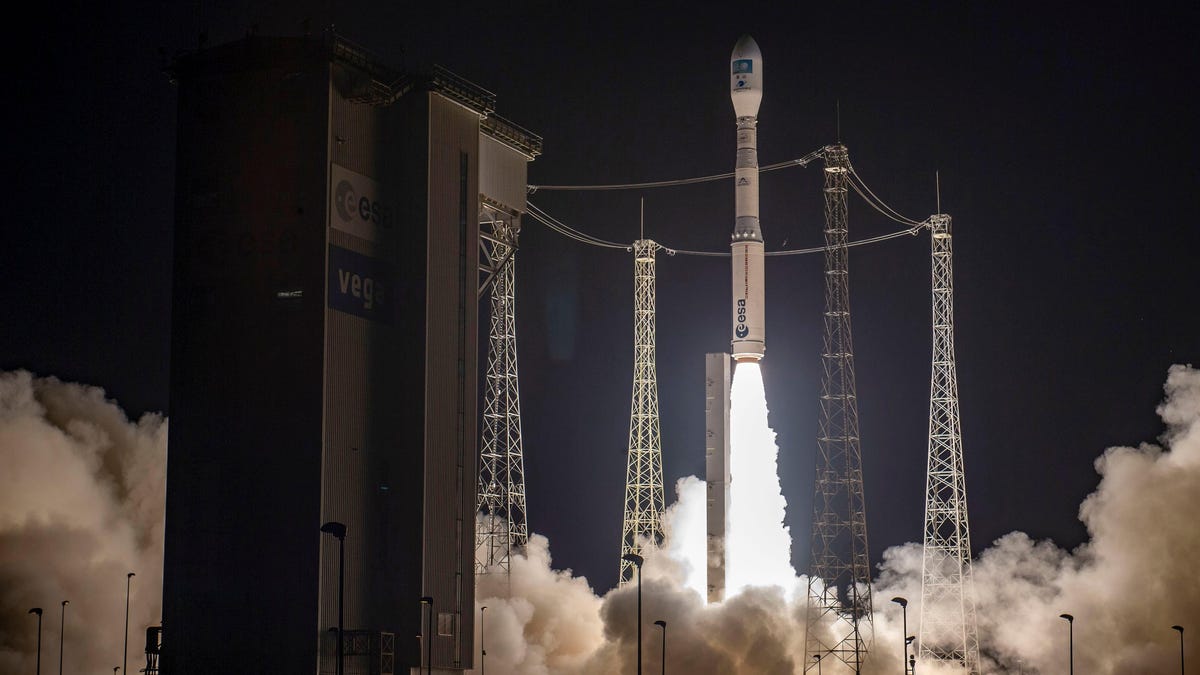Vega and Vega C are different sized launch vehicles:
Bit semantics here I suppose, but folks generally don't consider them different sizes. C is simply seen as a performance evolution, not dissimilar to F9 evolutions from V1 through FT.
ESA's Vega evo chart












